AER Symposium
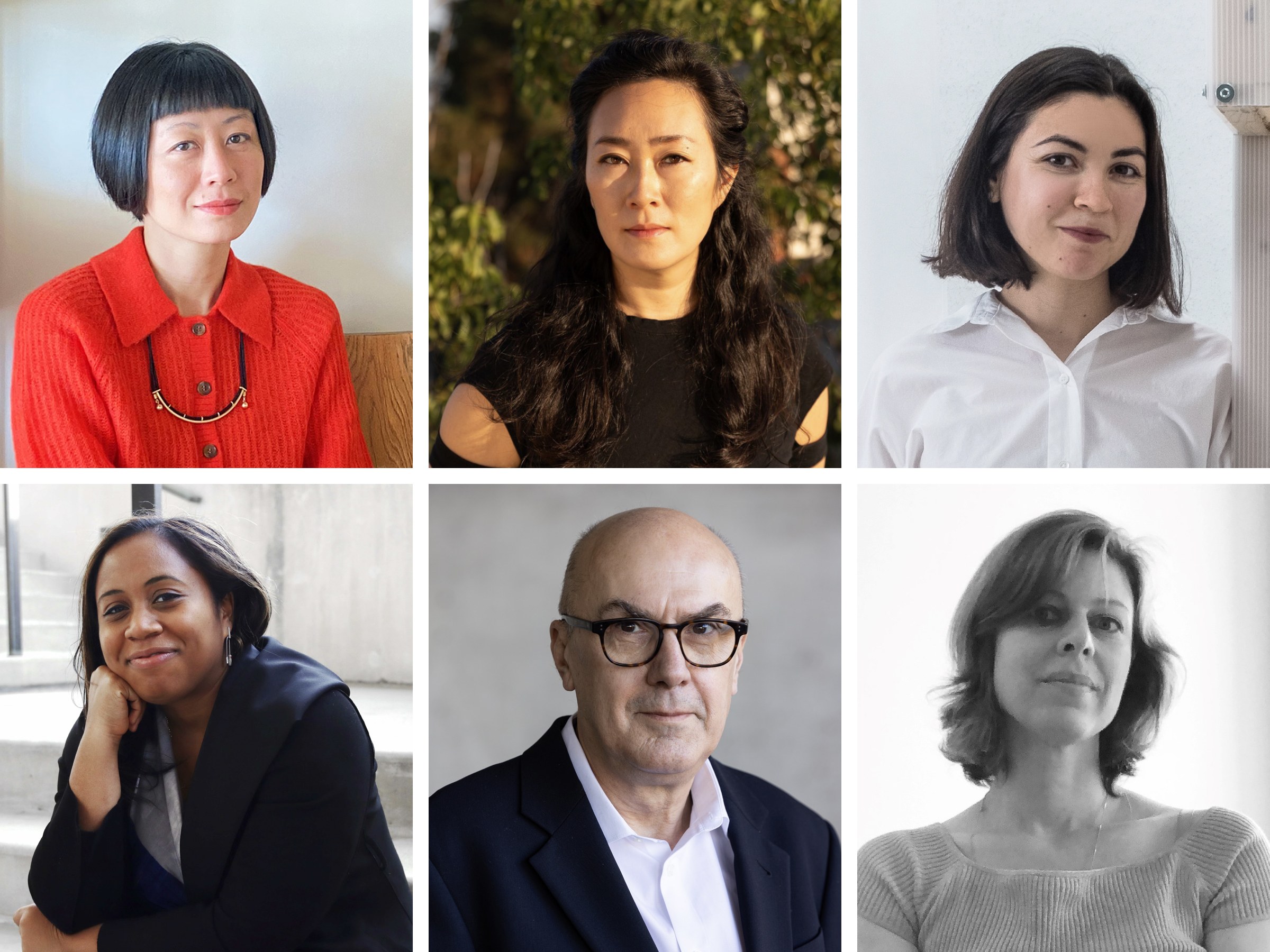
Saturday, April 6, 2024
1pm-6pm CST
Freeman Auditorium at the Woldenberg Art Center,
Tulane University, New Orleans LA
Architecture's Ecological Restructuring: Part II, a workshop-style symposium at Tulane School of Architecture, follows the inaugural session in 2023.
Speakers:
-Debbie Chen, Rhode Island School of Design
-Rebecca Choi, Tulane School of Architecture
-Liz Gálvez, Berkeley College of Environmental Design
-Mae-Ling Lokko, Yale School of Architecture
-Antoine Picon, Harvard Graduate School of Design
-Meredith TenHoor, Pratt Institute School of Architecture
Convened and moderated by Zaid Kashef Alghata, Favrot Visiting Professor, Tulane School of Architecture
Environmental degradation has transformed the very idea of nature. Nature as it was once known, untouched, undomesticated, unclimbed, or unconquered, no longer exists. As the discourse undergoes an excavation that reveals its destructive socio-environmental impact, demands for a just approach to people and the planet have become a primary matter. This workshop invites six distinctive voices to speculate on the ongoing ecological restructuring of the discipline.
The evolution of “ecological thinking” requires the definition of a set of values that scrutinize, preserve, enhance, or restore the macro and micro interrelationships between living organisms and their physical world. Architects have been conventionally trained to think on the level of individual buildings, which has constrained their contribution to resolving global crises. To amend this limitation, architecture's agency must expand beyond the building footprint to include infrastructure and non-civic structures, especially those typically designed by non-architects. The increased importance given to technical solutions instead of reshaping political, economic, and cultural forces that form the built environment is at stake in the existing paradigm shift.
Participants will present an object of study to speculate on its future impact on an ecologically centered discourse. What is architecture's take on infrastructure and non-civic structures? What social demands and inequalities do they generate? How can architects better engage with nature? How can disciplinary expertise serve architecture and its allied fields? This workshop draws from these questions to challenge traditional frameworks and build new forms of thinking.
Sponsored by the Tulane School of Architecture and Charles A. Favrot, H. Mortimer Favrot Chair in Architecture.
SPEAKERS
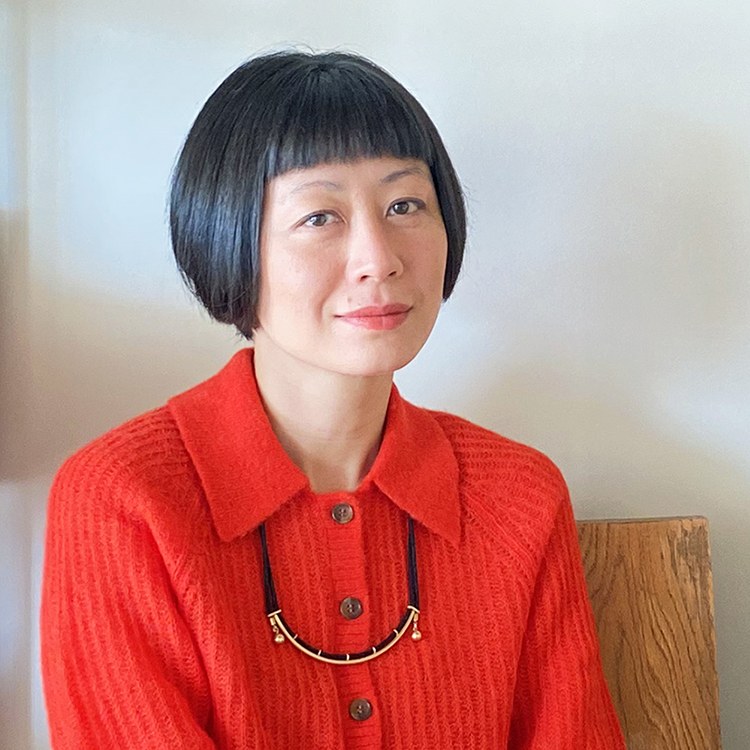
Debbie Chen is Assistant Professor and Graduate Program Director in Architecture at the Rhode Island School of Design. Her work explores how infrastructural typologies warrant design attention and exert spatial/cultural influence.
Interested in the pragmatic-sublime nature of infrastructural space, her current research looks at the cultural extensions of geothermal energy in Iceland as well as the intersection of decarbonization and architectural representation through gameplay.
As a licensed architect, Debbie previously served as Project Architect at Morphosis Architects and as Project Lead at LTL Architects. Prior to joining RISD, she taught at Syracuse University and the University of Wisconsin-Milwaukee, where she was the 2021-2022 Architectural Activism Fellow. She received a Master of Architecture from Princeton University and a Bachelor of Architecture from the University of Southern California.
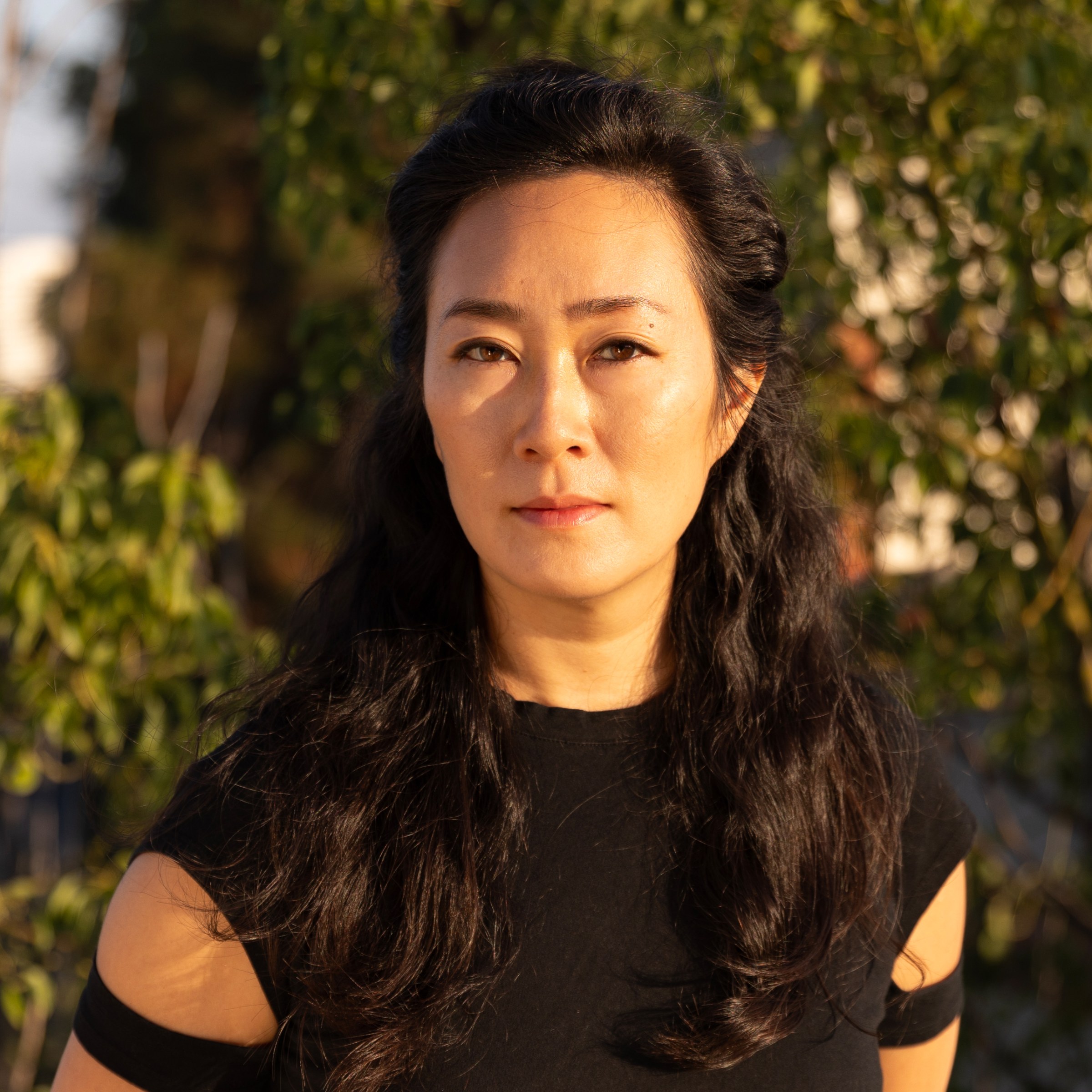
Rebecca Choi is an Assistant Professor of Architectural History, Tulane School of Architecture. Her research and teaching engages with histories of social movements from Civil Rights to Black Power, and African and African American architectural production.
Charting the racialization of politics, culture, and representation within architectural forms and urban spaces, her book project Black Architectures: Race Pedagogy and Practice puts oral histories into conversation with architectural archives and brings underexamined Black architectural producers to the surface of 20th-century history.
Rebecca’s other research interest includes 19th and 20th century afro-diasporic ecological practices of land stewardship. Her second book project Swamp Life considers Black women who recuperate swamplands as non-binary sites of survival across the Black Atlantic. She holds a Ph.D. in architectural history and theory and a Master’s degree in urban planning from the University of California Los Angeles. She has been published in the Avery Review, Ardeth, the Journal of Architectural Education, Harvard Design Magazine, and Places Journal.
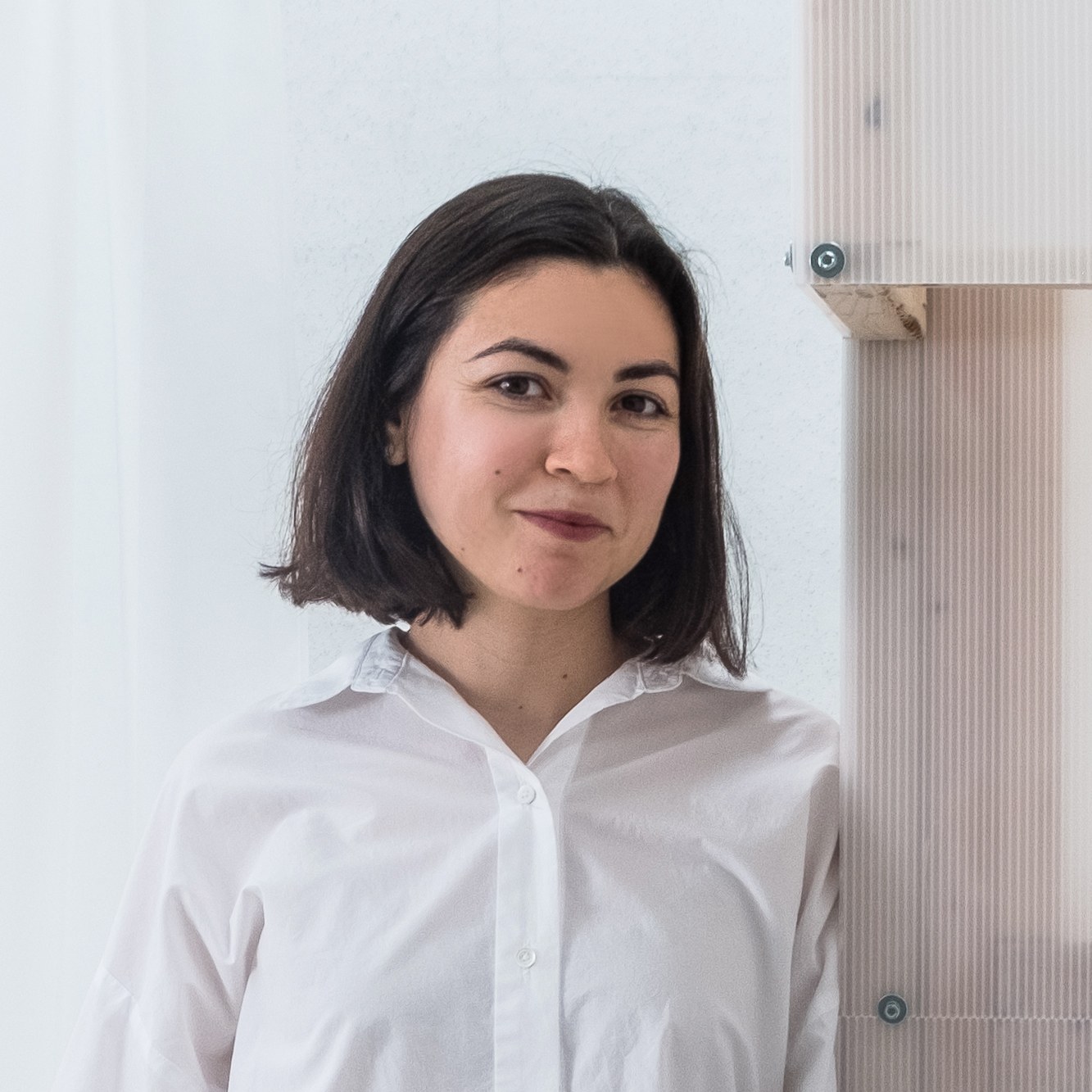
Liz Gálvez is a registered architect, directs Office e.g. and teaches as Assistant Professor of Architecture at the University of California, Berkeley where she also directs the (Im)material Matters Lab.
She received an M.Arch from Massachusetts Institute of Technology with a concentration in history, theory, and criticism of architecture and a bachelor’s degree in architectural and philosophical studies from Arizona State University. She practices between California’s Bay Area and Michoacán, Mexico. Her work focuses on the interface between architecture, theory, and environmentalism through a re-examination of building technologies.
Previously, Gálvez has taught at the Yale School of Architecture, the Rice School of Architecture and the University of Michigan’s Taubman College, where she was the 2018–19 William Muschenheim Fellow. Her writing has been published in Thresholds, Footprint and others. Her work has been exhibited at the Hohensalzburg Fortress in Austria, the University of Michigan, the Space p11 Gallery in Chicago, the Farish Gallery at Rice University, and at the University of Virginia. Most recently, her research has been funded by the SOM Foundation’s Research Prize, the Graham Foundation, and the AIA Upjohn Research Initiative. She was a 2022 Art Omi fellow and recipient of the 2016 Seebacher Prize for the Fine Arts. In 2021, she was awarded the Architectural League Prize.
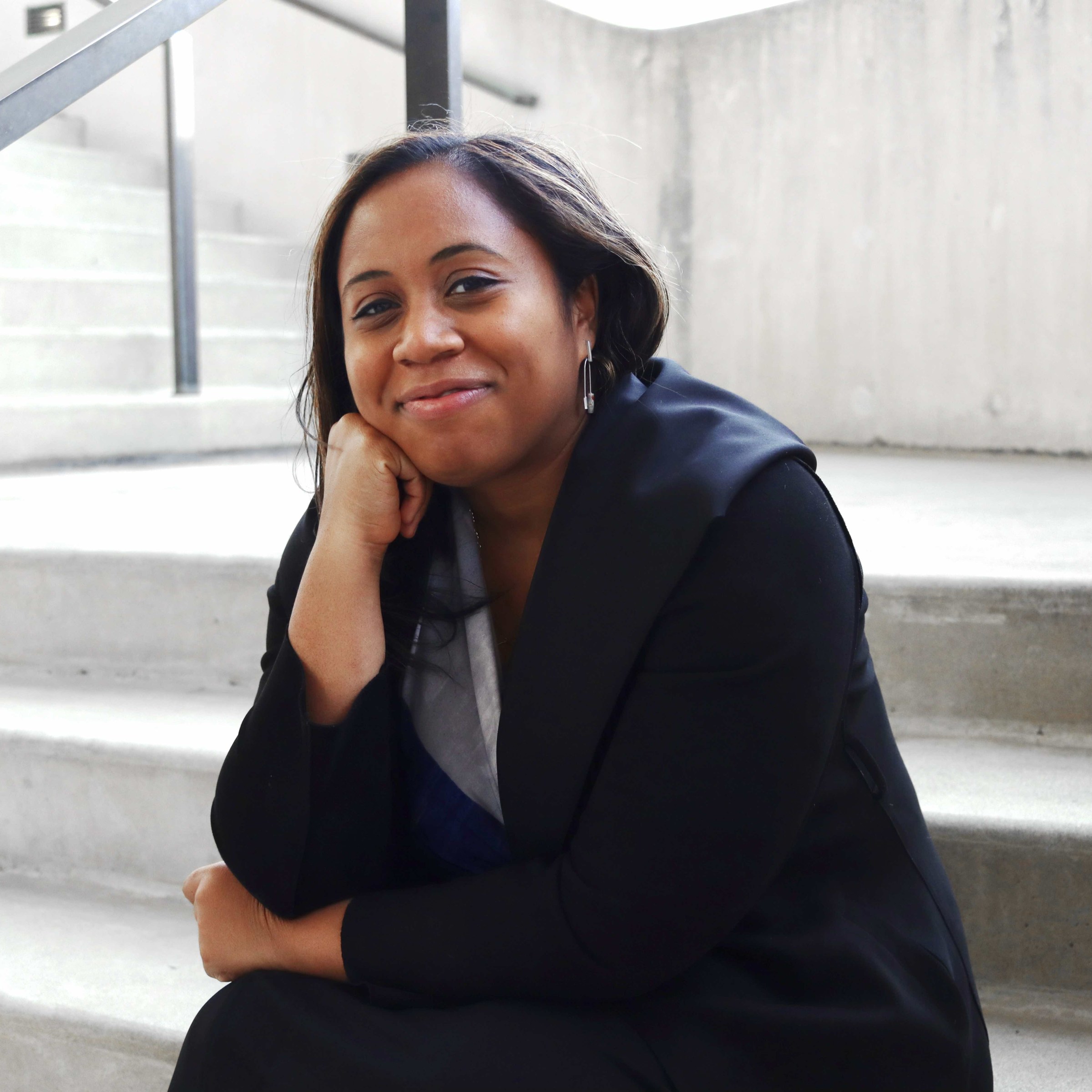
Dr. Mae-Ling Lokko is an Assistant Professor at Yale University’s School of Architecture and Yale's Center for Ecosystems in Architecture (Yale CEA) and the founder of Willow Technologies Ltd, in Accra, Ghana.
As an architectural scientist, designer and educator from Ghana and the Philippines, her work focuses on the design and integration of biogenic material practices across the agricultural, architectural and textile sectors. Lokko was the Director for the Building Sciences Program and Assistant Professor at Rensselaer’s School of Architecture from 2018-2021. Lokko’s work has been exhibited globally, most recently at Museum of Modern Art, New York; the Nobel Prize Museum, Stockholm; Stedelijk Museum, Netherlands; Museum of the Future, Dubai; Z33 House for Contemporary Art, Design and Architecture, Belgium; Somerset House, London and Triennale Milano, Italy. Her recent research has been funded by the United Nations Environment Program (UNEP) SOM Foundation, the British Council, MIT’s Global Architectural History Teaching Collaborative, Luma Foundation and NYSERDA’s NEXUS Clean Energy Accelerator Program.
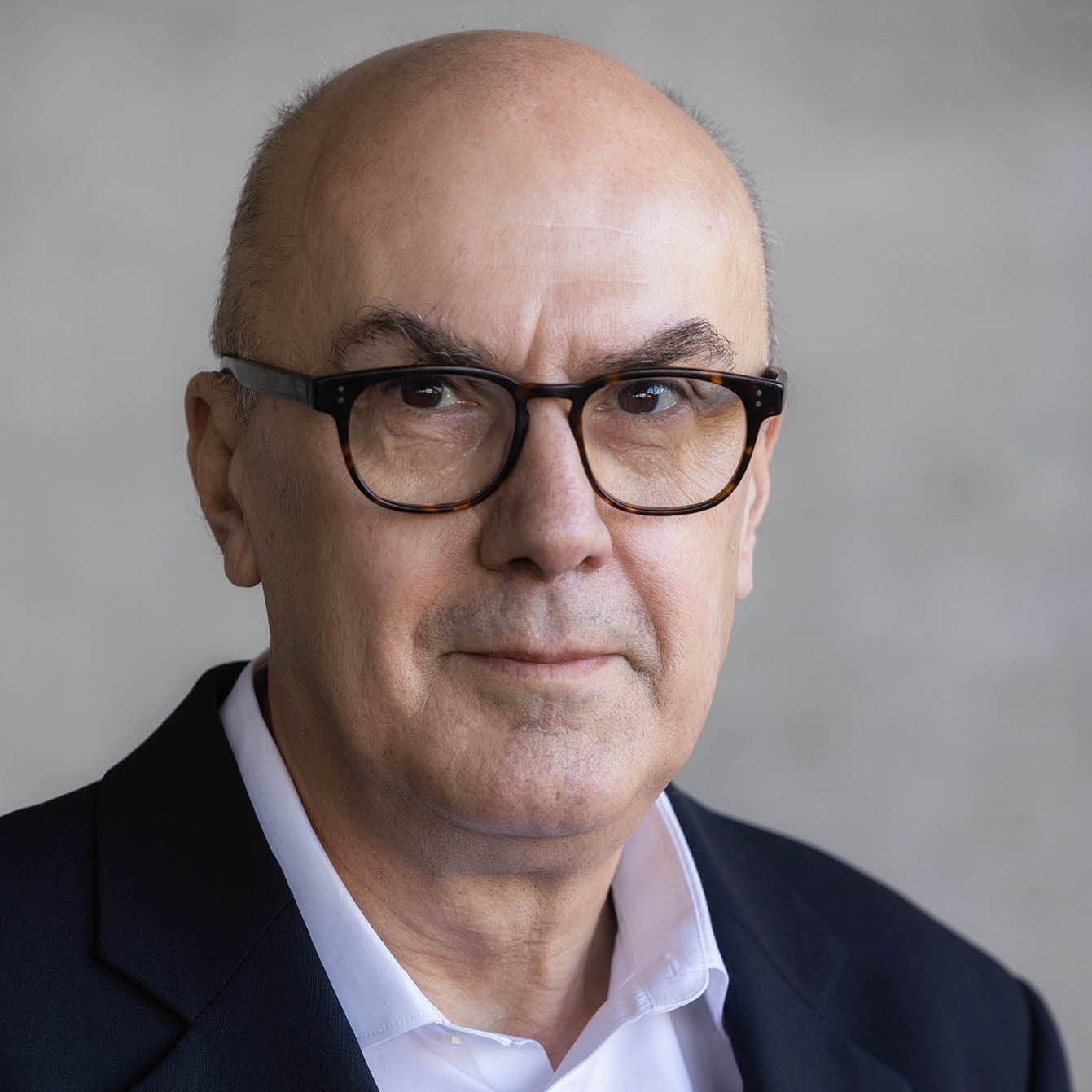
Antoine Picon, an engineer, architect, and historian, is the G. Ware Travelstead Professor of the History of Architecture and Technology at Harvard Graduate School of Design.
A member of the French Academy of Technology and the French Academy of Architecture, he is also the Chairman of the Le Corbusier Foundation. He works on the history of the relations between the built environment and technologies, with a special accent put on the imaginary and utopian dimensions. He has published extensively on this subject. He is amongst others the author of French Architects and Engineers in the Age of Enlightenment (1992), Claude Perrault (1988), L'Invention de l'ingénieur moderne (1992), La Ville territoire des cyborgs (1998), Les Saint-Simoniens (2002), Digital Culture in Architecture (2010), Ornament: The Politics of Architecture and Subjectivity (2013), Smart Cities: A Spatialised Intelligence (2015), and The Materiality of Architecture (2021). He is currently preparing a book and an exhibition on urban natures, technology, and politics.
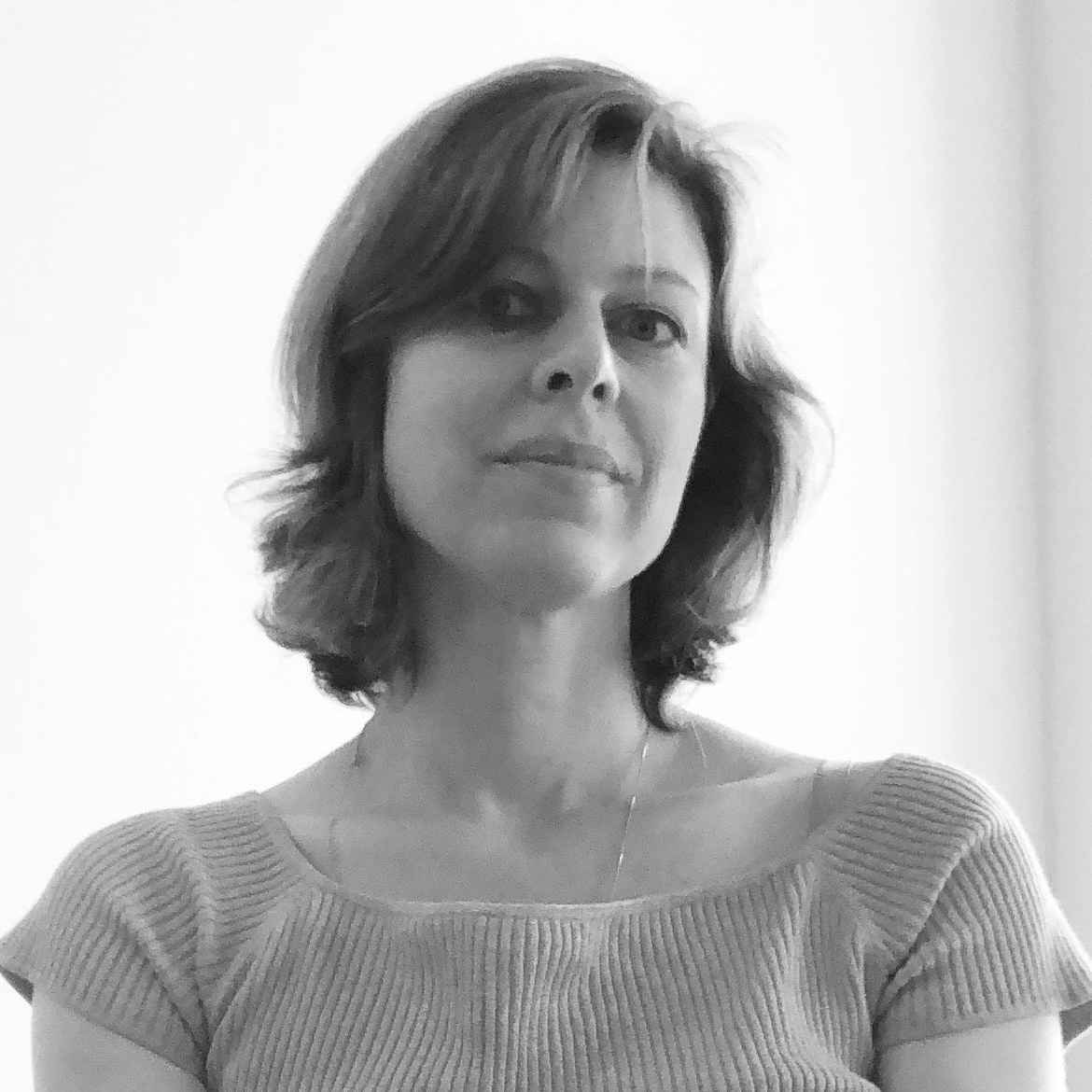
Meredith TenHoor is an architectural and urban historian, and Professor in the School of Architecture at Pratt Institute.
She is also editor, a founding board member, and former chair of the Aggregate Architectural History Collaborative, a group devoted to publishing and advancing collaboratively-produced scholarship in architectural theory and history.
Her research examines how architecture, urbanism and landscape design participate in the distribution of resources, and how these design practices have produced understandings of the limits and capacities of bodies. Her publications include Toxics (2022), Black Lives Matter (2015), Street Value: Shopping, Planning and Politics at Fulton Mall (2010), and a forthcoming book about the design history and political economies of French food systems. Her newer projects address the bodily and environmental impacts of building materials, the architectural imaginaries of environmental futures, and the career of the French architect Nicole Sonolet, who designed housing, hospitals, and villages focused around the provision of care.
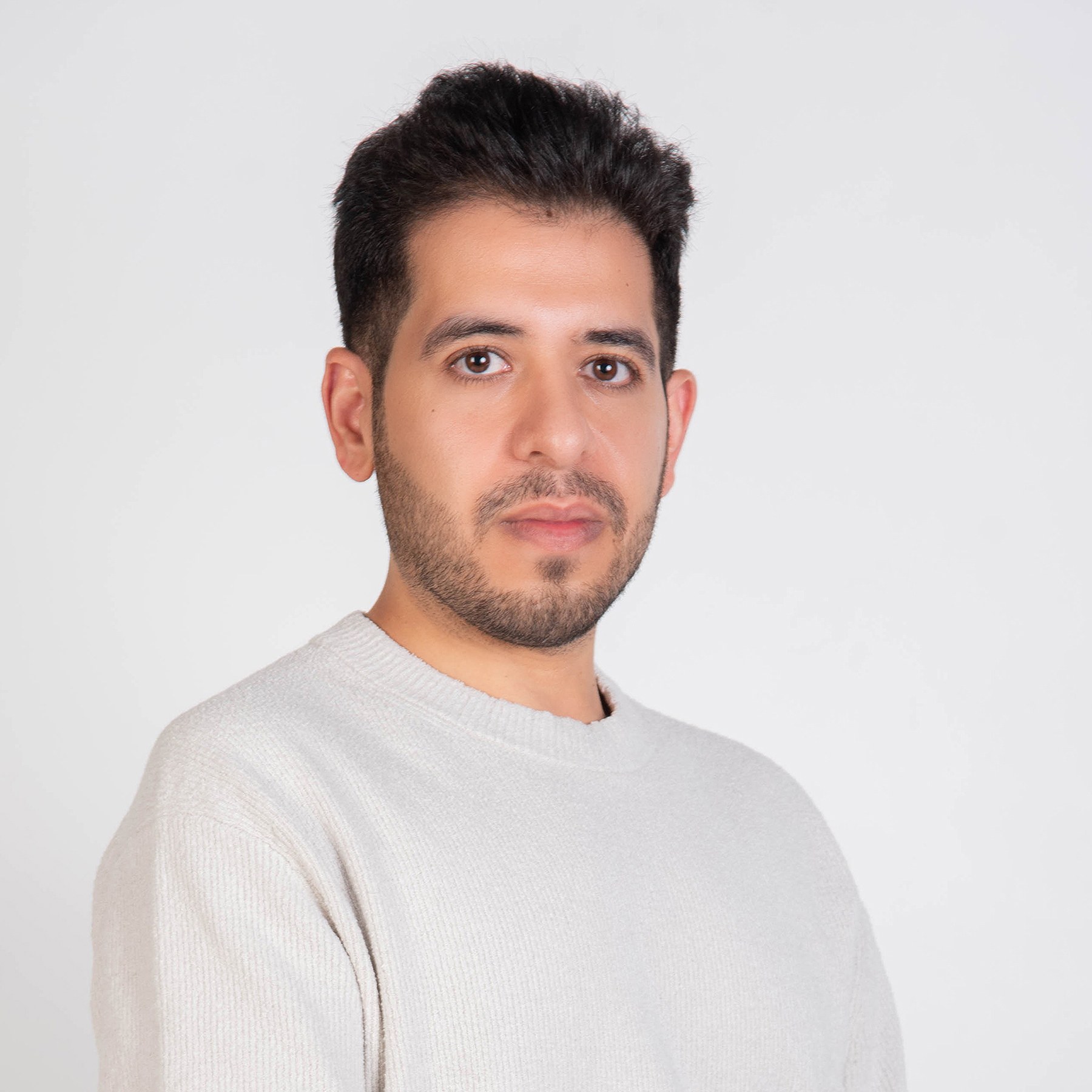
Zaid Kashef Alghata is a Bahraini-Iraqi designer, researcher, and educator. He is the Visiting Favrot Professor at the Tulane School of Architecture.
His research focuses on design as a structural reform driver, exploring the intersection of built and natural environments, emphasizing climate and material culture to expand the architectural domain to include non-civic structures. Kashef Alghata is the founder of House of ZKA. He is also the co-founder of WEI+ZKA, a Hubei Province-based office, completing office towers, hospitals, and an ecological restoration plan for an agricultural village in Shiziyuan that aims to activate rural values through cultural and economic revitalization.
Prior to joining the faculty at TuSA, he taught at the Rhode Island School of Design and was the Joseph F. Thomas Visiting Professor at the Carnegie Mellon University School of Architecture. His individual and collaborative work was exhibited at the Bi-City Biennale of Urbanism/Architecture in Shenzhen, the Jai & Jai Gallery in Los Angeles, and the Museum of Modern Art in Bologna. He received a Post-Professional M.Arch and a Certificate in Media and Modernity from Princeton University, a B.Arch from SCI-Arc, and a Foundation Degree from the AA.
Questions? Contact Abe Passman at apassman@tulane.edu.
Tulane University is committed to providing universal access to all our events. Please contact the event organizer above for accessibility accommodations. Please note that advance notice is necessary to arrange some accessibility needs.